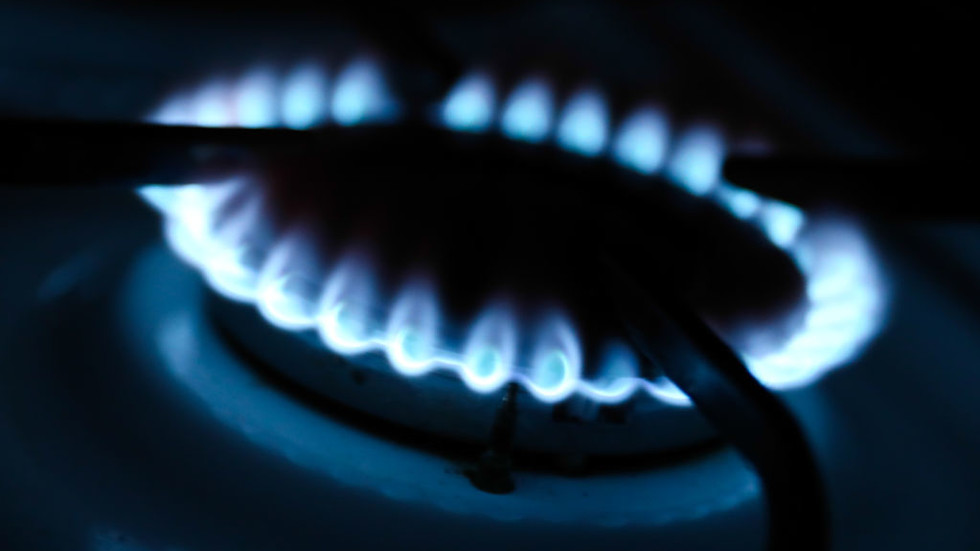Cold weather and Ukraine’s termination of Russian gas transits have led to higher demand, Centrica has warned
UK gas storage levels are “concerningly low,” with less than a week of gas demand in store due to the recent cold snap and halt of Russian gas transits, Britain’s major energy operator, Centrica, has warned.
In a press release issued on Friday, the operator said that the current inventory at Rough, the country’s largest gas storage site, which is operated by Centrica, is 20% lower than at the same time last year. That’s despite it having been full ahead of winter, it added.
According to the report, Britain’s gas storage is under pressure this winter as the country battles both freezing weather and soaring energy prices. The colder-than-usual temperatures combined with Ukraine’s decision to no longer transit Russian pipeline gas have depleted gas inventories across the UK.
“Gas storage was already lower than usual heading into December as a result of the early onset of winter. Combined with stubbornly high gas prices, this has meant that it has been more difficult to top up storage over Christmas,” Centrica wrote.
Overall, as of January 9, UK storage sites were 26% lower than last year’s inventory at the same time, leaving them around half full, it noted.
The situation is “echoed across Europe,” the company added, specifying that as of January 7, European storage was at 69% capacity, down from 84% at the same time the previous year. That’s despite many countries mandating minimum storage levels ahead of winter, according to the report.
“We are an outlier from the rest of Europe when it comes to the role of storage in our energy system and we are now seeing the implications of that,” said Group Chief Executive of Centrica, Chris O’Shea.
Unlike the EU, Britain does not have a mandatory gas storage target. The bloc set such targets following the price spikes and supply fears during the 2022 energy crisis.
European energy prices have soared following Ukraine’s refusal to extend a contract with Russia’s Gazprom beyond 2024, which effectively cut the flow of natural gas to some EU nations. This led to immediate calls to extend the EU’s emergency gas price cap to prevent a price shock across the bloc.
Read the full article here
